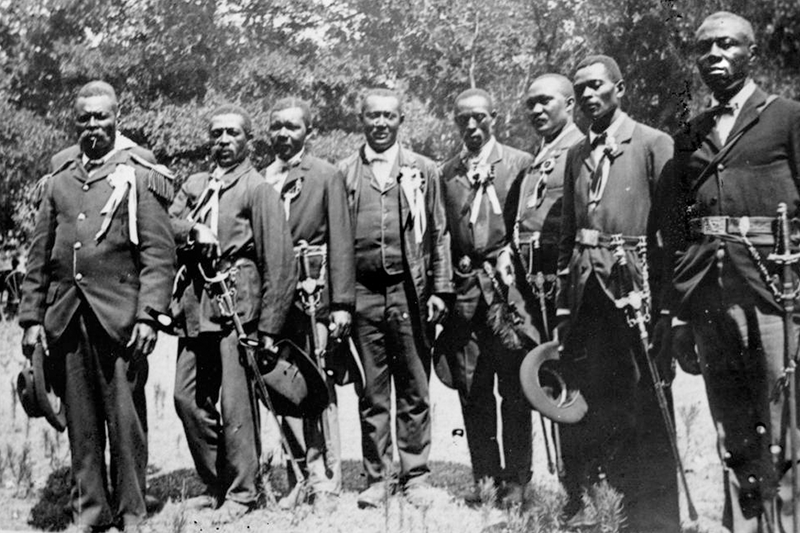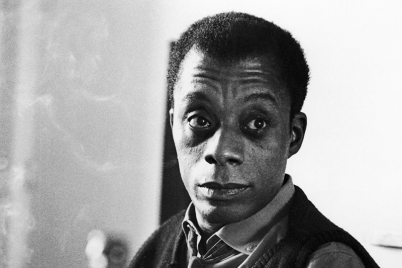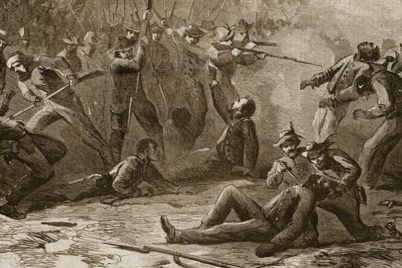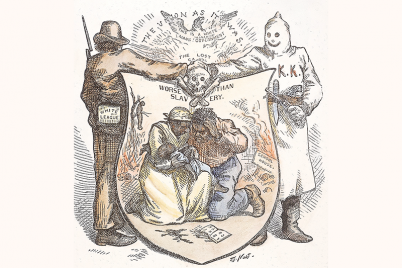Shown are Civil War reenactors at a Juneteenth celebration in Eastwoods Park in 1900 in Austin, Texas.
JENNIFER GAMBLE-THEARD, M.ED., ASALH Historian
Juneteenth is a holiday black people should know about and commemorate as one of the most important days in African-American history. It is the oldest celebration of the end of American slavery. It commemorates the date of June 19, 1865, when Texan enslaved population finally got the official decree — two years after the fact — that slavery had been abolished.
It is a time the nation should reflect on African-American history as it does on Martin Luther King, Jr. Day. Both holidays can further the discussion on the Civil Rights Movement.
Most states in America currently have some form of legislation or declaration that has established Juneteenth as a state holiday or “special day of recognition.” As a result of state governments establishing it as a holiday, grassroots efforts that take place in cities throughout the United States have been organized in various ways to bring people in African-American communities together.
To detail the Juneteenth evolution, we must consider post-Civil War events in Texas. When the war between the northern and southern states ended, there were still isolated areas in Texas where enslaved people did not know that President Abraham Lincoln had signed the Emancipation Proclamation in 1863 that granted freedom to “all persons held as slaves” within the rebellious states.
Of course, isolation, distance, time, and Texas resistance prevented the idea of freedom for enslaved people from being spread throughout the land. The announcement was finally presented almost two years later when Union Army General Gordon Granger arrived in Galveston, Texas, and issued the official orders that ended the institution of slavery in the Confederate states.
Even more important to President Lincoln was that by 1865 the Emancipation Proclamation had enabled the unification for all of the then-36 states into one nation — the United States of America.
To this day, African-American Texans continue to celebrate that special day in a big way. The city of Houston, in particular, celebrates Juneteenth where thousands gather with an elaborate parade and festival.
Other cities throughout the country add their own flavor of celebration. Especially revered in big cities with large African-American populations, black communities have been known for elaborate activities that include music festivals, art events, family fun days, cook-off competitions, sports tournaments, lavish galas, award ceremonies and much more.
As African Americans become more reflective about the deeper meaning of freedom and the future of the next generation, some communities focus positive attention on youth academic recognition and achievements, scholarship awards and art-centered competitions.
Other communities have focused their attention on more inclusion of different ethnic groups with expanded types of music and food festivals, in conjunction with ways to bring attention to the positives of African-American history and culture. Juneteenth is becoming a grassroots show-off at its best, and it’s all so beautiful.
Maybe I was missing something in my childhood exposure or perhaps I had not paid attention in my early years, but I had never heard of the Juneteenth celebrations until I lived in California. That was in the 1970s, and it was all about hanging out and having fun, kind of like St. Pete’s Chunky Sundays in 1990s.
I’m so happy that our Juneteenth inner reflections have evolved and developed into something bigger than a good time day on the calendar, and that knowing more about our heritage and history helps to move us towards more uplifting within the African-American cultural experiences.
As we continue to observe Juneteenth, let’s remember why this day has a special place in African-American history. As we see our brothers and sisters gathered in the spirit of celebration, we should keep in mind that this is an occasion for black communities around the country to reach high together to realize, actualize and utilize the full potential of our communities.
Jennifer Gamble-Theard, M.Ed. is a retired Pinellas County educator in the study of history and language. She is also the historian for the St. Petersburg Branch of ASALH.








